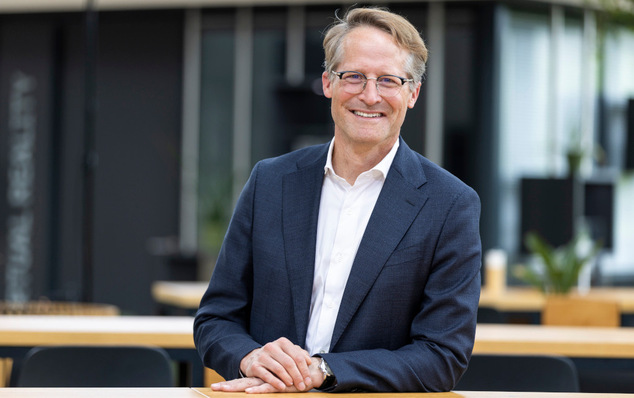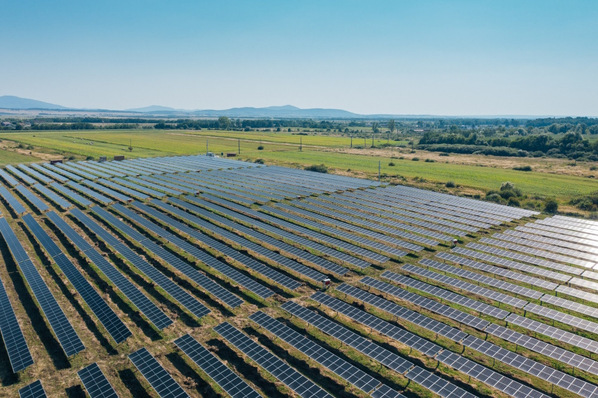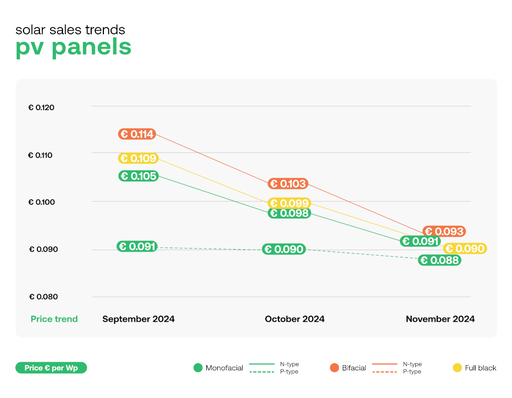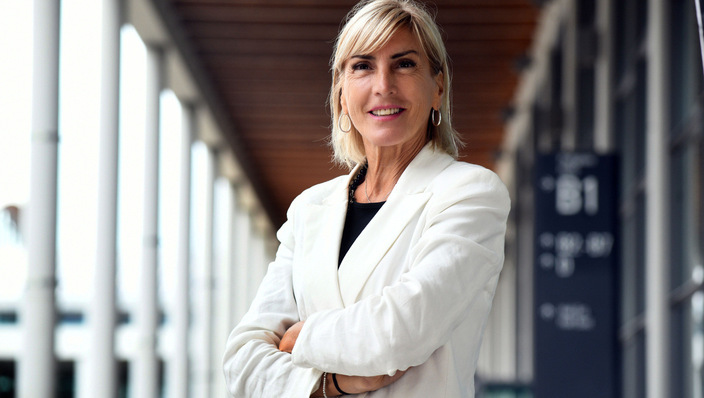The European Parliament has given a final green light to new rules obliging firms to mitigate their negative impact on human rights and the environment. The European Solar Manufacturing Council (ESMC) expects the Corporate Sustainability Due Diligence Directive (CSDDD) to have a positive impact on solar PV supply chains as all large companies will be obligated to have full control over their supply chains and make them sustainable.
Together with the Forced Labour Regulation — also adopted this week — sourcing from industries with forced labour, excessive pollution and other unethical practices will no longer be an option.
„This new legislation presents a historic opportunity“
Many of the areas in China, such as the Xinjiang province, should not meet the requirements for supplying products and material to the European solar industry or market. “This new legislation presents a historic opportunity to stand up for the environment, human rights and level the playing field in favour of European manufacturing. In Europe we already manufacture with minimal environmental impact and, in general, we have excellent labour conditions compared to China and other Asian competitors.“
Also interesting: How long will European producers last?
„The CSDDD and Forced Labour Regulation will benefit our members and is a strong instrument to reshore manufacturing to Europe,” says Jens Holm, Sustainability Policy Director of the European Solar Manufacturing Council. For the solar industry, most Chinese solar manufacturers will have to comply with the new due diligence obligations, whereas few of the European manufacturers will fall within the scope of 1000 employees and 450 million euros turnover.
„Now, Chinese manufacturers cannot any longer hide behind glossy folders and empty PR slogans“
ESMC welcomes the new requirements on Chinese manufacturers. “This should put an end to social and environmental dumping in the market. Now, Chinese manufacturers cannot any longer hide behind glossy folders and empty PR slogans.
See also: Longi awarded for its ESG performance
If you do business in Europe, you need to disclose your supply chains and ensure they are sustainable and free from forced labour. That’s what we always have done in Europe; our Chinese competitors have not. Selling Chinese solar modules made with slave labour and high emissions must now come to an end in the European market,” says Holm. (JH/hcn)








